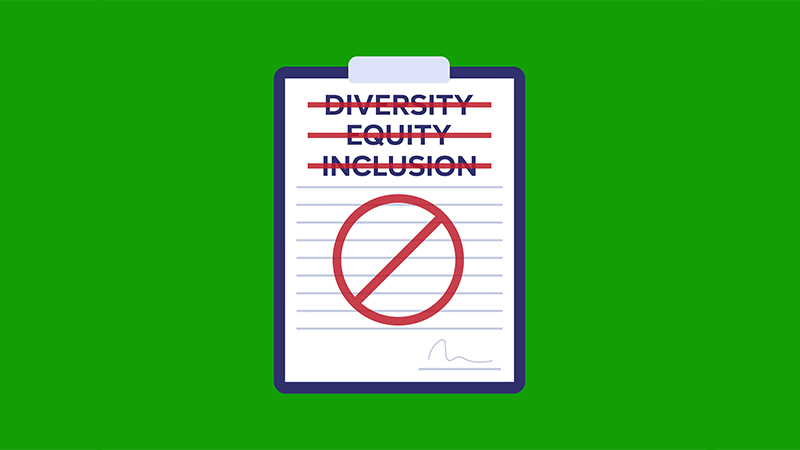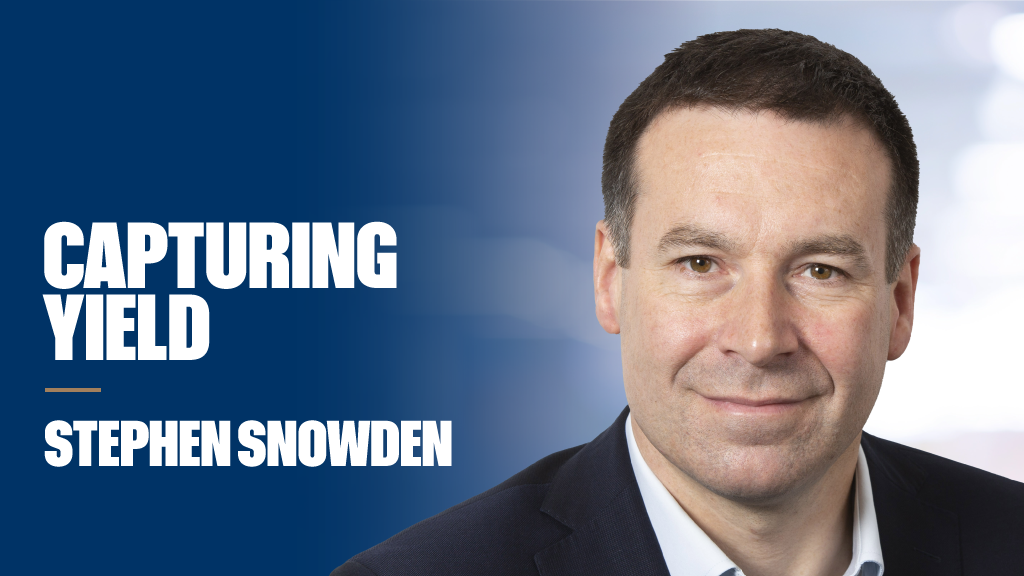Fifty years ago this month, in the early hours of the morning, the patrons of the Stonewall Inn, a gay bar in Greenwich Village in Manhattan, banded together and fought back against police who were raiding the establishment. The uprising sparked six days of protests and became the catalyst for the modern gay rights movement.
As with most things in life, change has happened slowly. Same-sex marriage was only legalised in England and Wales in July 2013. Scotland followed a year later, and the US in 2015.
Diversity drive
Investment firms have also been trying to create a more inclusive working environment in recent years. Schroders, Jupiter, Legal & General Investment Management, Aviva Investors and M&G Investments are among the firms that have created their own dedicated LGBT+ and allied networks.
While this is encouraging, the investment industry continues to fall severely behind other sectors on LGBT+ issues and even more mainstream financial services businesses.
Not a single fund group or DFM features on LGBT+ charity and lobbyist Stonewall’s Top 100 Employers Index for 2019.
Lloyds ranks seventh in Stonewall’s Workplace Equality Index 2019 and is the highest-ranking financial services firm on the list and investment bank Citi, Barclays, Virgin Money, Bank of America Merrill Lynch and Credit Suisse also feature. Below them the Financial Conduct Authority comes in at 69 on the list.
A Stonewall spokesperson says that since its Workplace Equality Index was launched in 2005, there has been “tremendous progress toward LGBT equality” but adds it was unfortunate not to see investment managers represented among the UK’s most progressive employers.
“We’re keen to work with fund groups in the future to help them improve diversity and inclusion for their workforces,” they add. “LGBT people work in every industry and it would be a really positive sign to see this sector better represented in years to come.”
“It feels as if the asset management industry is several years behind some other industries,” says Jenny Whiteman, director of legal and chair of Unity, the diversity and inclusion network at Hermes Investment Management.
The legal sector for one has been talking about LGBT+ inclusivity for a long time and a number of law firms have made it into the Stonewall Index consistently for the past decade, she says.
‘Pale, male sales brigade’
Many cite ‘culture’ as the thing that is holding the investment industry back and preventing it from becoming more diverse.
Nutmeg chief executive Martin Stead says the financial services sector is still dominated by the “pale, male sales brigade”.
“It is a bit of a gentleman’s club, particularly in British financial services companies,” says Stead. “You need to have been to the right school, wear the right signet ring and speak with the right accent, etc. That can feel like quite an exclusive place, which isn’t very open to diversity.”
Compared to other industries he has worked in like consumer goods where he was a brand manager for Procter & Gamble, he says financial services sticks out for its lack of diversity across the board.
“I find it quite surprising how low the awareness of LGBT issues is and, frankly, how outdated and inappropriate some of the views still are.”
Nowhere is this exclusion felt more than in the infamous industry ‘banter’.
‘Something didn’t feel right’
Four out of 10 LGBT+ people who were surveyed by LGBT Great, a membership organisation creating LGBT+ diversity inclusion within the investment and savings industry, last May said they had heard or experienced homophobic or transphobic banter in the investment industry.
Colette Comerford, Legal & General Investment Management’s head of inclusion and culture, says she has experienced homophobic bullying in the industry firsthand.
“I had a feeling something didn’t feel right,” she says. “I didn’t recognise what it was because it wasn’t explicit and it wasn’t directed towards me, it was on email.”
One of her main areas of focus at LGIM has been to improve the wording of the firm’s harassment policies to include explicit language around LGBT bullying and discrimination based on gender and race.
Comerford came out to her M&G colleagues when she volunteered to co-found and chair an LGBT+ and allies network. Back then in 2014 she says people weren’t openly talking about gender and LGBT+ issues the way they are today. She put herself forward to help others in the company who didn’t have a seat at the table.
“I didn’t really realise why I was doing it or why I needed to do it. I was there to do my job essentially. But I also recognised that if I didn’t do it, how else would we move forward? And what if there was somebody that needed support that wasn’t in the position that I was in or wouldn’t be able to influence in the same way? Surely, I could do it for somebody else.”
Growing up in a small, provincial town Jupiter HR assistant Vincent Ankrah didn’t see anyone who looked like him – a gay person of colour. Ankrah, who chairs the firm’s 12-person strong employee pride group, was ultimately drawn to the asset management industry because of the growing diversity he saw.
Both Ankrah and Mark Cotton, Jupiter’s senior corporate communications manager, say they have felt comfortable being themselves at the FTSE 250 manager since day one.
Cotton actually finds it easier being an openly gay man in asset management now than when he was working as a financial journalist in the 00’s. Though he admits it might be easier for people in the industry to be their authentic selves in areas like communications and HR which have historically been perceived to be more gay-friendly.
“If you’re talking about the fund management floor, I wonder how easy it would be to be openly gay.”
Honesty is the best policy
As the boss of the UK’s fastest-growing wealth manager, Stead says people frequently make assumptions about his background. He is often asked ‘What does your wife do?’
“It is a bit frustrating, because it’s not like you have to constantly tell people that if you’re heterosexual.”
Stead felt a huge sense of relief when he came out at 23. While he has been open about his sexual orientation throughout his professional life, he says there are moments where he has become closeted, including at Nutmeg.
While fundraising for the digital wealth manager in 2016 and speaking to investors around the world, people made the same assumptions about his family life. At the time Stead was in a relationship with a man but he recalls feeling afraid of correcting them.
“It was assumed that my partner was female and I found myself at certain moments, not correcting people because I didn’t want that to become the reason that people didn’t invest in Nutmeg.”
Stead felt angry with himself because “it was a betrayal to myself and my identity to go along with it, and also a betrayal to my partner”. From then on, he made a choice to be “very publicly LGBT” so that he would never find himself in a situation where he had to pretend again. He made sure that when people Googled him, his involvement with the LGBT+ community would be well known.
Having visible LGBT+ people in the industry is critical for improving diversity but having senior buy-in is arguably more important to push the agenda forward.
Valuable allies
Schroders chief executive Peter Harrison has become one such visible ally, launching the FTSE 100 fund group’s diversity and inclusion strategy, a four-year plan that includes goals to introduce a transgender policy, mandatory diversity training for employees and having 33% of women in senior management roles by 2019.
“As progress is made from the top down and bottom up, we will see more visibility from the LGBT+ community across the business, including senior positions,” a spokesperson from the company says.
Jupiter COO and 20-year veteran of the firm, Paula Moore has agreed to sponsor its Pride Network.
Ankrah adds that small things can really make a difference. LGBT+ employees and allies at Jupiter have started wearing rainbow-coloured lanyards, which he says serve as a helpful daily reminder. “Having that visibility at desk level makes people more cognisant of what to say and what not to say.
“It’s important to engage allies because they’re the ones that will drive the change. I could talk about LGBT rights until I’m blue in the face but I think it always means more coming from an ally. Unfortunately, that’s just how things are.
“So if we can get as many people as possible on board, they’re going to be the ones that will help change the mindset of other people and the culture of the company.”











